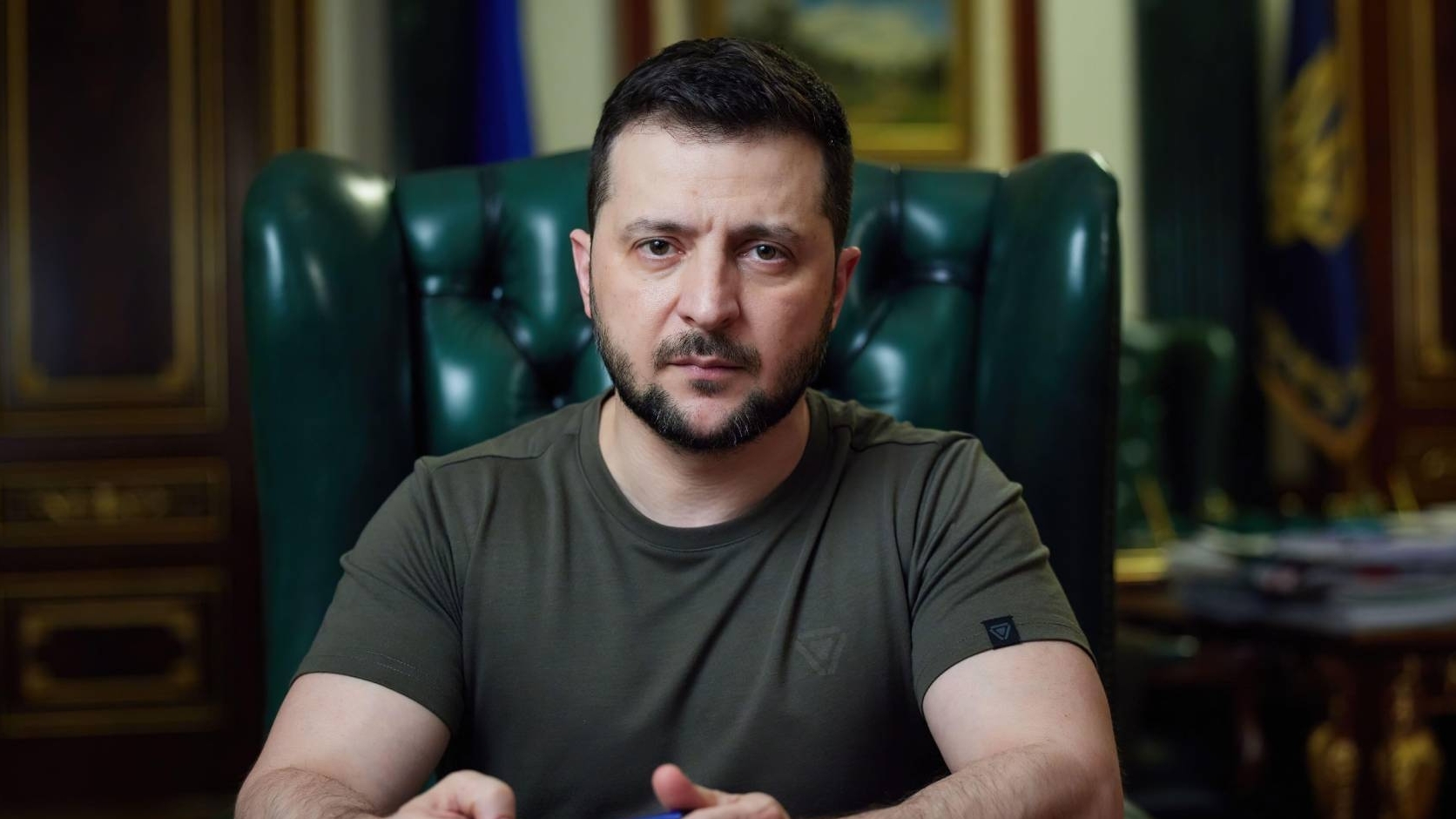Corruption survey. KMIS stated that the president's "responsibility" does not mean "commitment"
Estimated reading time: 4 minutes
The Kyiv International Institute of Sociology said that the appeal to the president to fight corruption does not mean a decline or crisis in his support among citizens.

Volodymyr Zelensky - President of Ukraine
At the same time, the head of state's “responsibility” for corruption is not the same as “involvement” in it, as KMIS comments on the results of a survey conducted by the Democratic Initiatives Foundation show.
The experts indicated that respondents had to answer the question: "Do you agree or disagree with the following statements?", with one of the statements being:
"The President is directly responsible for corruption in the government, military administration" (response options - I agree, I rather agree, I rather disagree, I disagree and there was an option to refuse to answer or answer "it's hard to say").
“Many interpreters have equated “responsibility” with “commitment,” even though this is not the case. There is still a desire among Ukrainians to have a strong leader from whom decisive actions are expected. At the same time, there is a tangible demand among society to fight corruption. Moreover, most Ukrainians are not well versed in public administration and who is responsible for what and where they can influence it. Therefore, Ukrainians, as usual, personalize the president (and even more so the one who enjoys great support) as a person who, in their opinion, is capable of and should introduce the necessary changes. So now this question reflects society's request and call to the president to take decisive action to fight corruption," the Kiev International noted.
KMIS also stressed the need to understand the overall political context and policy implications.
“Currently, Zelensky maintains a record high level of support (80-85% trust or approval of the actions, depending on the wording of the question). When the public asks for the renewal of the central government, only a quarter would like to change the president after the victory, which means that now the president's call to fight corruption does not mean a decline and crisis of support (although, of course, in the long run, and especially after the victory and change of power) the agenda may significant changes will occur),” the experts continued.
Sociologists emphasized that the issue of corruption is complex, and it is also important to look at the situation from a dynamic perspective.
“For 89% of society, corruption is currently a very or rather serious problem. At the same time, when asked about the responsibility for overcoming corruption, which took a different format, most respondents also mentioned the President/his Office," KMIS explained.
According to experts, the majority of citizens believe that corruption in Ukraine is widespread, although in 2021-2023 the percentage of people who consider it "very common" dropped from 63% to 43%. Also during this period, the percentage of people who believe that the authorities are more effective in fighting corruption in Ukraine increased from 25% to 50%.
"The situation is therefore quite complex and it is worth avoiding loud, simple conclusions," concluded the sociologists.
What is known about the Foundation for Democratic Initiatives survey and the authorities' reaction
A day earlier, the “Democratic Initiatives” Foundation published the results of a survey which showed that at the beginning of July, 78% of respondents believed that the president was directly responsible for corruption in the government and military administration. 18% of respondents disagreed with this statement.
The head of the "Servant of the People" faction, David Arahamia, called the study manipulation and noted that "starting in the new year, the country should switch to a 'war budget' - in which there will no longer be spending on these things, only defense and only weapons".
Minister of Digital Transformation Mykhailo Fedorov called the results of the Fund for Democratic Initiatives survey “very strange” and the survey itself "looks like a targeted attack".




